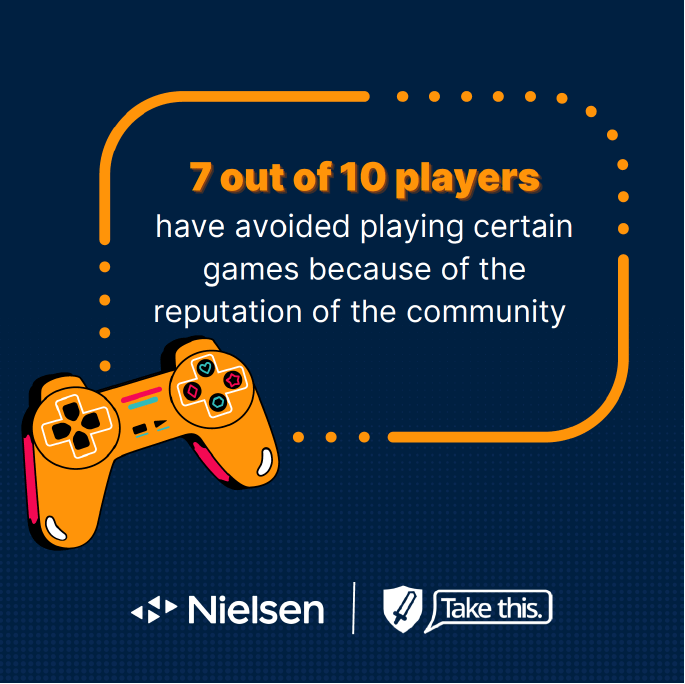Brett Rickaby's Insightful Corner
Exploring the world through news, tips, and intriguing stories.
Player Community Management: Turning Gamers into Lifelong Fans
Unlock the secrets to thriving player communities and transform gamers into passionate, lifelong fans with our expert tips and insights!
Building Bridges: How to Foster Meaningful Connections in Your Gaming Community
In today's digital age, building a cohesive gaming community requires more than just shared interests; it demands intentional efforts to foster meaningful connections. Start by organizing community events that allow players to interact beyond the screen. This could range from hosting tournaments to arranging online meet-ups, where gamers can discuss strategies or share their experiences. Utilize social media platforms and gaming forums to promote these events, encouraging players to participate and connect with others who share their passion. By creating inclusive environments, you help players feel valued, ultimately leading to a stronger community spirit.
Furthermore, communication is key in maintaining these connections within your gaming community. Establish dedicated channels, such as Discord servers or subreddit threads, where players can communicate freely. Encourage open discussions and provide a space for feedback, making sure everyone feels their voice is heard. Recognize and celebrate individual achievements, whether through shout-outs or community highlights. This not only motivates participants but also reinforces the importance of being an active member of the community. By prioritizing communication and recognition, you create a foundation for lasting relationships among gamers, thus strengthening the entire community.

Counter-Strike is a popular first-person shooter game that emphasizes team-based gameplay and strategy. Players assume the roles of either terrorists or counter-terrorists, completing objectives to win rounds. For those looking to enhance their gaming experience, using a clash promo code can provide exciting benefits and rewards within the game.
The Power of Engagement: Strategies for Keeping Players Invested Long-Term
Engaging players over the long term is crucial for the success of any gaming platform. One effective strategy is to create a sense of community among players. This can be achieved through dedicated forums, social media groups, or in-game chat functions where players can interact, share experiences, and offer support. Regularly scheduled events, such as tournaments and community challenges, also keep the excitement alive and encourage players to return regularly. Additionally, implementing a reward system is a great way to incentivize long-term participation, as players appreciate recognition for their time and effort.
Another powerful strategy lies in personalization. Tailoring experiences and content to individual players can significantly enhance their connection to the game. Use data analytics to understand player preferences and behavior, then customize game elements that resonate with different audiences. For instance, varying difficulty levels, character customization options, or targeted in-game promotions can make players feel valued and understood. Furthermore, providing continuous content updates, such as new levels, quests, or characters, ensures that there is always something fresh for players to explore, thereby maintaining their investment in the game.
What Makes Gamers Come Back? Understanding Player Loyalty in Community Management
In the world of gaming, understanding what drives player loyalty is crucial for successful community management. Gamers return to their favorite titles for various reasons, including engaging gameplay, a sense of achievement, and social interactions within the community. The combination of these elements creates an ecosystem where players feel valued and recognized. Game developers must continuously innovate, introducing new features, challenges, and updates that keep the experience fresh and exciting. According to a recent survey, 72% of players indicated that regular content updates were a significant factor in their decision to remain loyal to a gaming platform.
Moreover, community engagement plays a pivotal role in fostering player loyalty. It is essential for community managers to create an environment where players feel safe to express their thoughts and share feedback. Communication between developers and players can lead to improved gaming experiences. Implementing forums, organizing events, and encouraging user-generated content can strengthen the bond between players and the game. As a result, gamers are not just participants; they become advocates for the game, often bringing in new players through word-of-mouth and shared experiences.